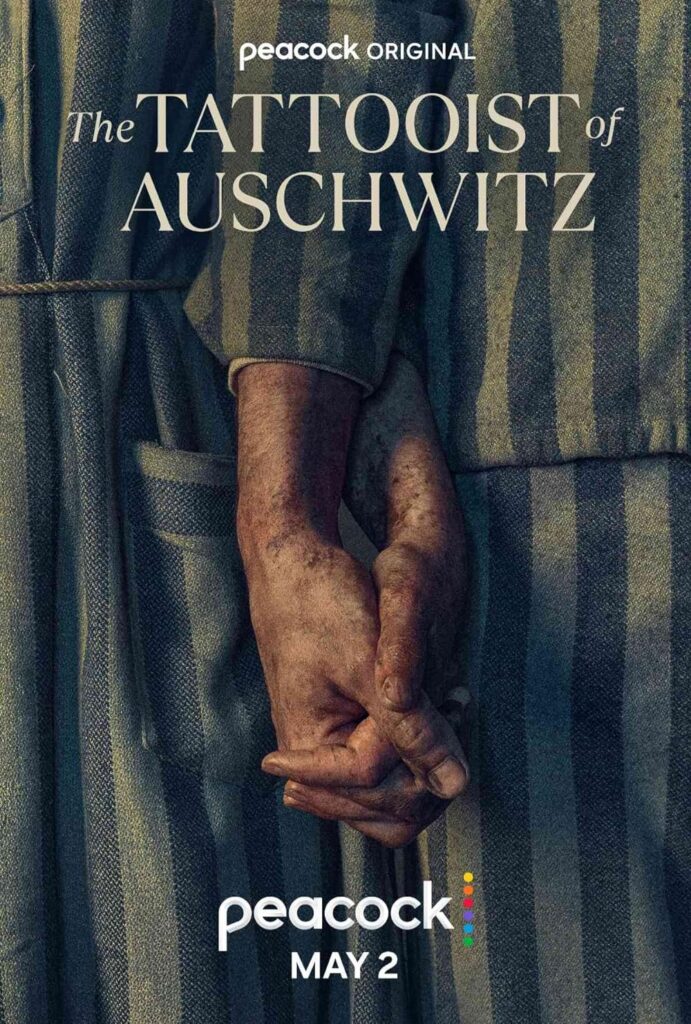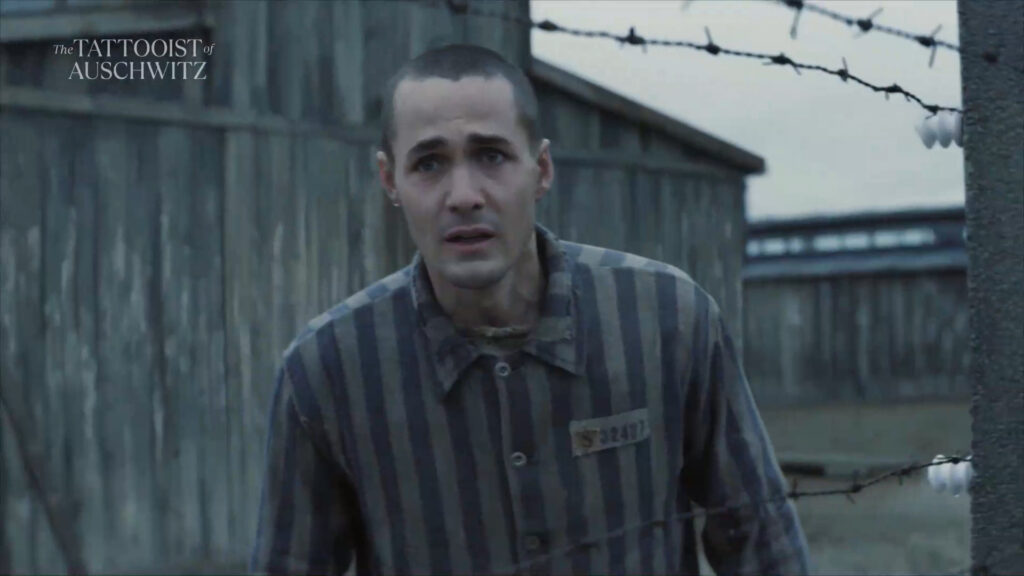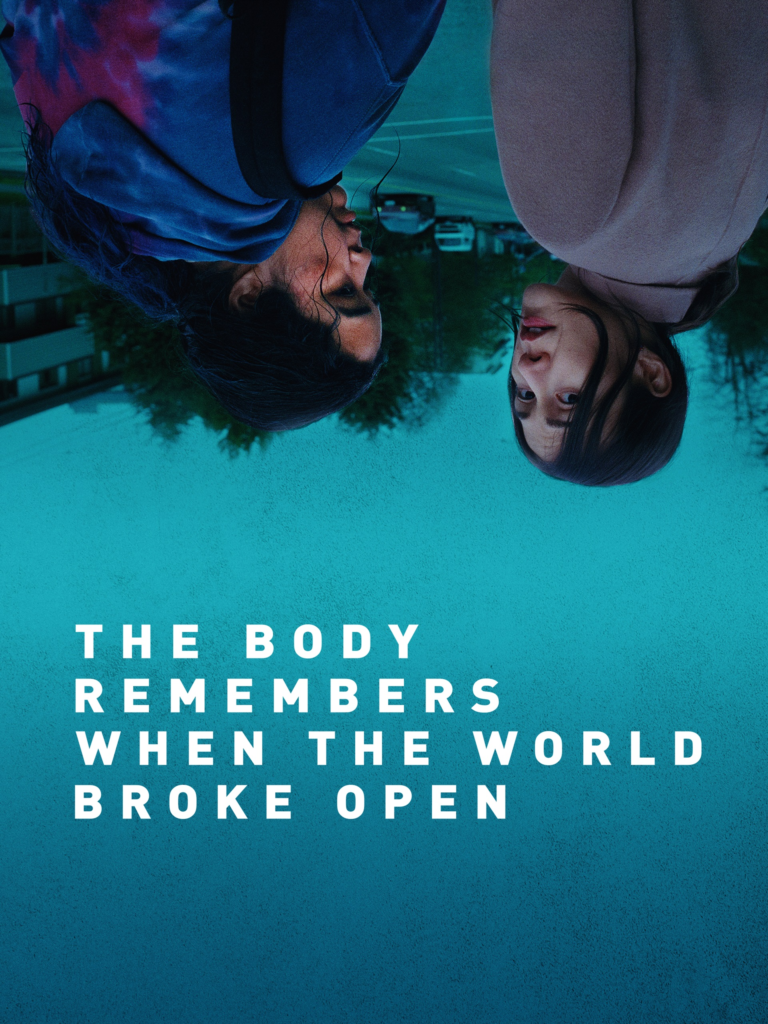The Tattooist of Auschwitz Christian Review

Based on Heather Morris’ novel, The Tattooist of Auschwitz is vivid testimony to the horrifying experience that befell Lale Sokolov, a Jewish prisoner who became the tattooist tasked with the tattooing of fellow inmates at Auschwitz-Birkenau in World War II. It is something very poignant, reaching to the deepest depth of human cruelty and the enduring power of love amidst unimaginable horrors.
A Tale of Survival and Love
At its core, The Tattooist of Auschwitz is a story about survival and love. Lale Sokolov’s journey unfolded in two time frames: his young years in the concentration camp and later in Melbourne, telling his story to Heather Morris, a young aspiring writer. We are soon to witness the resilience and courage of Lale in the dehumanizing process portrayed by Jonah Hauer-King. The accidental meeting with Gita, in the role of Anna Próchniak, is the first glimpse of hope he has had since he arrived in Auschwitz.
Humanity Amidst Inhumanity
This series won’t stint on portraying life at Auschwitz as the harsh truth it was. It uncovers every kind of atrocity inflicted by the Nazis, from spur-of-the-moment executions to calculated deprivations that the prisoners suffered. But against the tapestry of inhumanity, moments of humanity do filter through. Lale’s role as a tattooist, grim as it is, was a means for survival and brought with it slight privileges that he makes use of to protect and support others.
Complex Characters and Moral Dilemmas
These characters, as represented by the Nazi officer Stefan Baretzki, add more depth to the story. Jonas Nay embodies a jarring dualism in Stefan, taking him from scenes of brutality to these, surprisingly human, moments with Lale. This puts the challenge before the viewer of moral dilemmas—how individuals are capable of both kindness and brutality within the very same framework of unimaginable suffering.
A Love Tested by Adversity
It is in this setting of constant danger that Lale and Gita’s love story unfolds. The moments they are allowed to share together are, no matter how small, powerfully touching testaments to the human spirit. Director Tali Shalom Ezer brings this delicately, striking a balance between tender intimacy and tenderness with the ever-present threat of separation and death.

Holocaust Remembrance and Its Relevance Today
The Tattooist of Auschwitz serves as a stark reminder of the atrocities of the Holocaust and the need to remember. Thus, with antisemitism having not stopped, and there being those quarters who have little historical understanding of the Holocaust, one can’t underestimate the importance that narratives like these play in today’s world. They bring into our consciousness the past with its ongoing consequences of hatred and bigotry.
Christian Reflection: Faith and Resilience
From a Christian point of view, Tattooist of Auschwitz strikes deep into faith, resilience, and human dignity. It calls for reflection on the moral imperatives that call one to compassion and justice in the presence of oppression. As such, Lale Sokolov’s story—replete with glimpses of grace amidst meaningless suffering—finds an echo in the Christian call to bear witness to suffering and strive for a world in which love might vanquish hate.
Artistic Integrity and Ethical Considerations
Parallel to dramatizing the story of Lale and Gita, the series is fraught with ethical concerns regarding accuracy and license taken in the telling of history. Heather Morris’s adaptation of Lale’s experiences has confronted the debate over the fictionalized elements against historical fidelity. Such debates underline the accountability of storytellers to the truth of history while engaging audiences with compelling stories.
Powerful Acting and Cinema Craft
Harvey Keitel gives weight to the narrative with the portrayal of elderly Lale Sokolov, wracked with survivor’s guilt and haunted by memories. Melanie Lynskey’s Heather Morris fictionalization came as touching devices in Lale’s narrative, most of whose ardent feelings found a bridge across past and present in her empathy and sincerity. Cinematography and direction captured both the starkness of Auschwitz and the land, as well as the closed space of the private moments for this visceral retelling of history.
Final Thoughts and Rating
The Tattooist of Auschwitz is a very strong testament to the resilience of the human spirit in the face of unimaginable evil. It calls upon its viewers to have some empathy and understanding when looking through the dark chapters of history. With struggle through some narrative liberties, the series does well in paying respect to the survivors to retell their stories and holding the memory of those who died. For compelling storytelling, impactful performance, and poignancy in reflection regarding love and survival, I will grade Tattooist of Auschwitz as 9 out of 10. It is at once a historical document and a moral imperative toward remembering, reflecting, and acting toward a more just and compassionate world.




